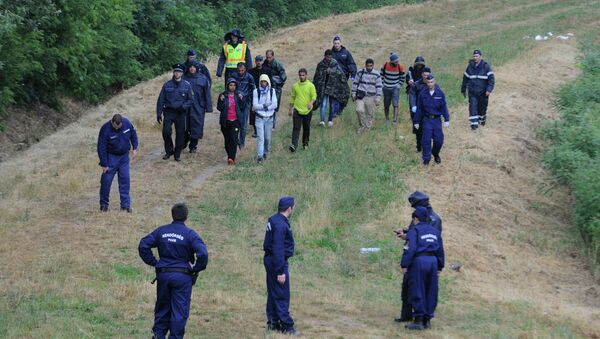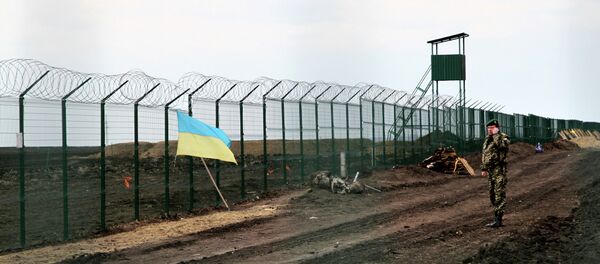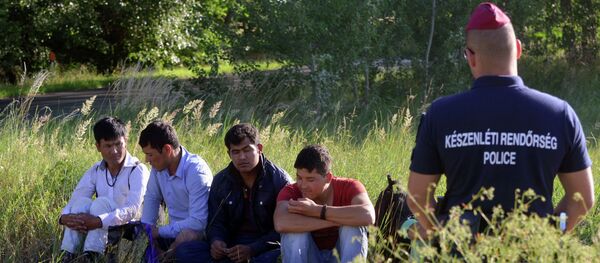"We believe that building a security perimeter is an unavoidable measure facing the nature of the threat that is coming at our southern border. This is not only the Hungarian borders but also the EU borders," Kovacs said.
The Hungarian government has assigned some 6.5 billion Hungarian forints ($23 million) to the project, he said, adding that a fence is not an ultimate solution to a problem that requires the combined efforts of the entire European Union.
"It [a security perimeter] is not going to bring the real solution to the immigration crisis which is a global issue and calls for a joint EU effort," Kovacs stressed.
As part of the solution, the European Commission suggested taking in 20,000 migrants and resettling 40,000 asylum seekers already in the European Union, distributing them according to national quota system among the bloc’s member states.
Hungary is among those European Union member states that oppose the quota system to redistribute migrants. Earlier in June, the country's Prime Minister Viktor Orban criticized the EU migration policy, saying that his country was "full," and that the influx of migrants will irreversibly change the European society.
Earlier in June, the Hungarian government announced that Budapest suspended the so-called Dublin III protocol, which allows EU member states to deport undocumented migrants to the EU country where they first arrived. The Hungarian Foreign Ministry later said in a statement that the government was not suspending the EU rule, stating that it had only asked for a temporary relief period from the arrivals of migrants.
"There was a certain level of miscommunication in regards to the Dublin protocol as, at no point did the Hungarian government have the intention to opt-out or not to fulfill the binding obligations under the EU regulations and the Dublin protocol," Kovacs said.
"We are not able to receive any more migrants. The capacity is running at about 300 percent — three times more people are being allocated in the refugee camps and shelters that we have at the moment. We are doing our best to increase the capacity," Kovacs said, adding that the country was facing an epidemic rise in immigration.





